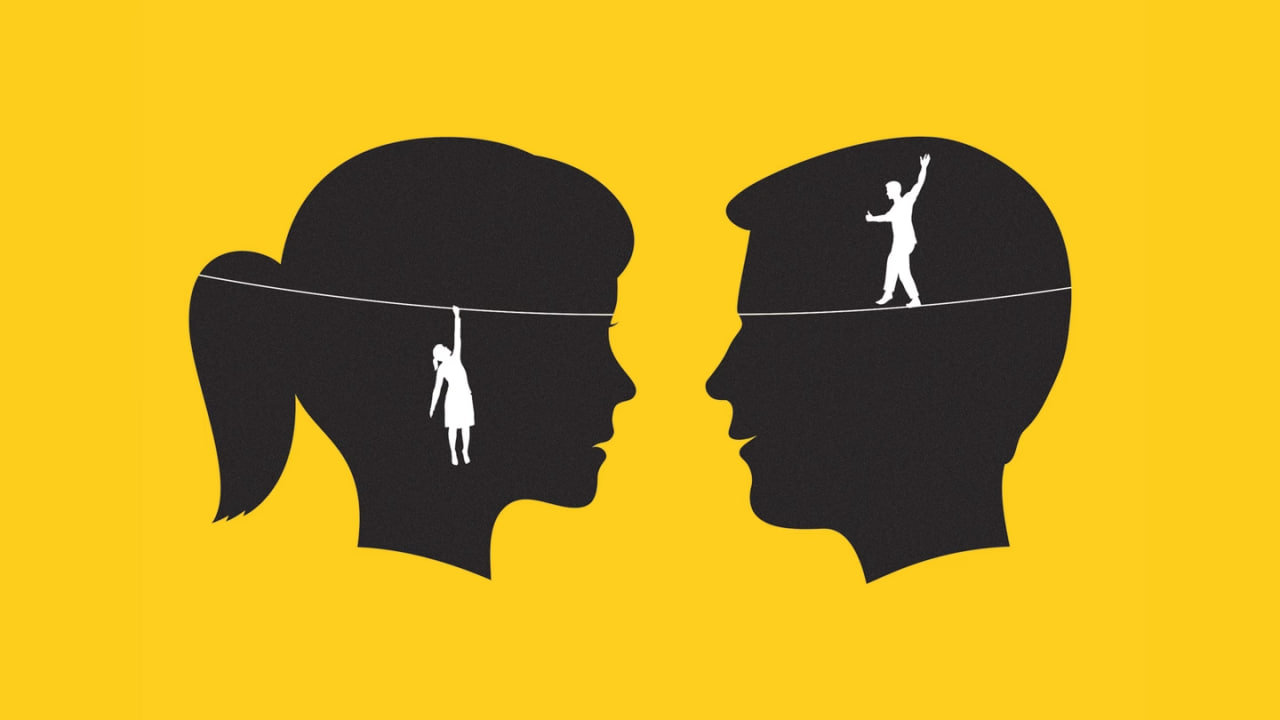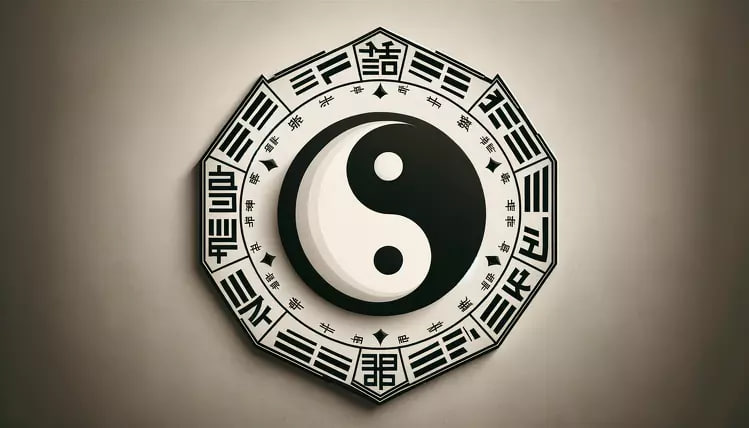The Cape of Confidence Get to Know How Gender Shapes Self-Perception and Strength 2024
We’ll explore the concept of the “Cape of Confidence“—a metaphorical representation of how confidence is worn, not just as an external projection but as an integral part of self-identity. We will examine how gender shapes self-perception, the expression of strength, and the societal pressures that influence how men and women navigate the world with their “capes.”


1. The Metaphor: What Is the Cape of Confidence?
The “Cape of Confidence” is a powerful metaphor for the way we wear our self-assurance. Imagine a cape as something we put on, something that not only protects but also enhances our presence in the world. When we think of confidence as a “cape,” it is a symbol of both power and vulnerability. It’s the shield that allows us to stand tall, speak up, and take risks, yet it can also be the garment that hides our doubts, insecurities, and emotions.
For some, the cape of confidence might be worn proudly, flowing with ease, as they navigate life with unapologetic self-assurance. For others, the cape may feel heavy or uncomfortable, weighed down by external pressures or internal conflicts about how to be perceived.
But the most important aspect of the “cape” is that it’s not a one-size-fits-all garment. How we wear our confidence is often influenced by who we are, our gender, and the expectations placed upon us.
2. Confidence and Gender: The Social Constructs
Society has long shaped how men and women are expected to express confidence, often enforcing distinct standards of strength, authority, and vulnerability. These gendered expectations are deeply ingrained and can impact everything from career trajectories to personal relationships.
For Men: Strength, Decisiveness, and the Silent Cape
In many cultures, men are socialized to wear their confidence as a symbol of strength—stoic, decisive, and capable of handling challenges without hesitation. The “cape” of confidence for men is often associated with action, control, and resilience. To express doubt or vulnerability might be seen as weakness or fragility, which contrasts with the traditional ideals of masculinity.
This pressure to appear invulnerable can lead men to project an image of certainty, even when they may be struggling with self-doubt or fear. In professional settings, men are often expected to lead with unwavering authority, and in personal relationships, they may feel the need to take on the role of the protector or problem-solver, even when they may need emotional support themselves.
Men’s confidence is frequently measured by how they maintain external control, which is why the metaphorical “cape” is often silent—designed to shield men from judgment but also hiding any cracks in their emotional armor. While this projection of confidence can empower men, it can also contribute to feelings of isolation, as their true emotional states are hidden behind an impenetrable exterior.
For Women: Vulnerability, Warmth, and the Double-Edged Cape
For women, the “cape” of confidence is often more complex. On one hand, society has traditionally expected women to embody grace, empathy, and compassion—traits that, while important, can sometimes be seen as opposites to the strength and assertiveness typically associated with confidence. On the other hand, in the modern era, women are increasingly encouraged to project assertiveness and leadership in their professional and personal lives, yet they often face backlash when doing so.
The “cape” of confidence worn by women is sometimes a balancing act: they must embody both strength and warmth, assertiveness and likability, ambition and humility. When a woman is confident, she can be seen as empowered and inspiring, but if she crosses certain boundaries (being too assertive, too ambitious, or too independent), she may be labeled as “bossy” or “aggressive.” Women often feel the need to constantly adjust how they express confidence to remain within the boundaries of what is considered “acceptable” for their gender.
Women also face societal pressure to be vulnerable, to “wear” their emotions openly, while also excelling in traditionally masculine domains like leadership or entrepreneurship. The result? The confidence “cape” for women can feel heavy and contradictory, as they navigate the fine line between embracing their full potential and facing judgment for doing so.
3. The Evolution of Confidence: A Changing Landscape
In recent years, there has been a significant shift in how gender and confidence are perceived. While societal expectations are still at play, the definition of confidence is evolving, especially in 2025, as more individuals reject traditional gender roles and embrace diverse expressions of strength and self-assurance.
Redefining Cape Of Confidence for Men: Embracing Vulnerability
Today, many men are rejecting the old model of “toughness” and are embracing a more nuanced expression of confidence that includes emotional openness and vulnerability. The idea that men must wear their “cape” without cracks is giving way to a new understanding of strength, one that includes the courage to show weakness, to ask for help, and to acknowledge emotional pain.
This shift allows men to wear their confidence with more authenticity, without fear of judgment. For example, leaders like Prince Harry and Dwayne “The Rock” Johnson have spoken openly about their mental health struggles, modeling a new version of confidence that includes both strength and vulnerability. In this new paradigm, confidence is no longer about being perfect or invulnerable—it’s about authenticity and embracing the full spectrum of human emotion.
Redefining Cape Of Confidence for Women: Unapologetic Strength
For women, the evolving definition of confidence is also about embracing their full range of expression, from fierce ambition to emotional intelligence. In 2025, many women are reclaiming their “cape” by unapologetically stepping into roles of power and leadership without fearing societal backlash for being too assertive. The confidence “cape” no longer needs to be fraught with contradictions or limitations. Women are showing that strength comes in many forms, and confidence is about embracing who you are—whether that means being a CEO, a mother, or a creative innovator.
Trailblazers like Kamala Harris, Beyoncé, and Greta Thunberg are prime examples of women who wear their confidence boldly, setting new standards for what it means to be powerful, unapologetically ambitious, and still compassionate. These women show that confidence is not about meeting other people’s expectations—it’s about fully owning your unique power and leading from a place of authenticity.
4. Gender Fluidity and the Future Cape of Confidenc
There is also growing recognition of gender fluidity and the broader spectrum of gender identities. Confidence will no longer be defined by rigid gender roles but will be a more inclusive expression of individuality. People of all genders will be able to wear their confidence “cape” however they choose, rejecting outdated stereotypes and embracing a more fluid understanding of self-assurance.
In this future landscape, cape of confidence will be seen as a universal human trait, not confined by traditional concepts of masculinity or femininity. It will be about finding the courage to live authentically, regardless of gender, and to express strength, vulnerability, and self-worth without fear of judgment.
5. Owning Your Cape of Confidence
The “Cape of Confidence” is not just about wearing an external facade of strength, but about cultivating internal self-assurance that empowers us to show up as our authentic selves. Whether you’re a man, woman, or non-binary individual, your confidence should be rooted in who you are—not who society tells you to be.
The future of confidence is one where we can all wear our capes proudly, without fear of judgment, and with the freedom to express both our vulnerabilities and our strengths. Confidence is no longer about conforming to outdated gender expectations; it’s about embracing who we are, in all our complexity and beauty, and standing tall in our own power.
Recommendation: KPOP NEWS ASIA













Leave a Reply